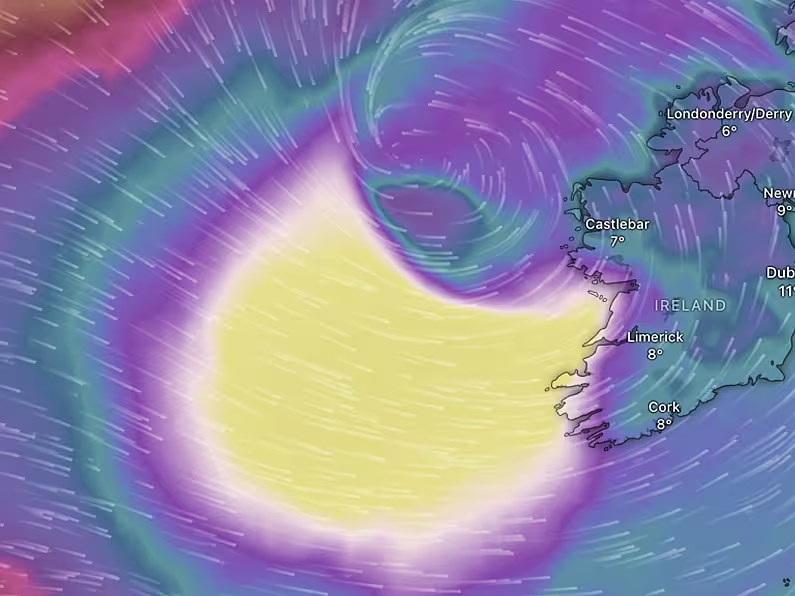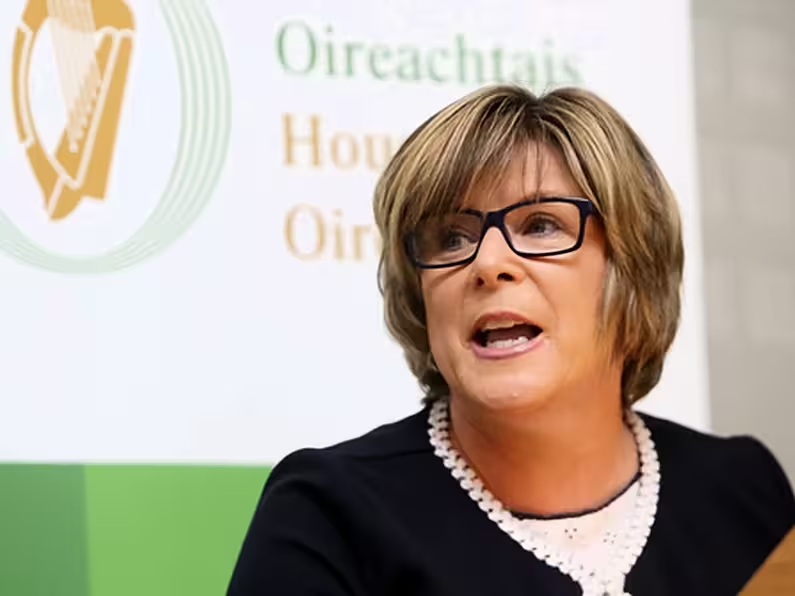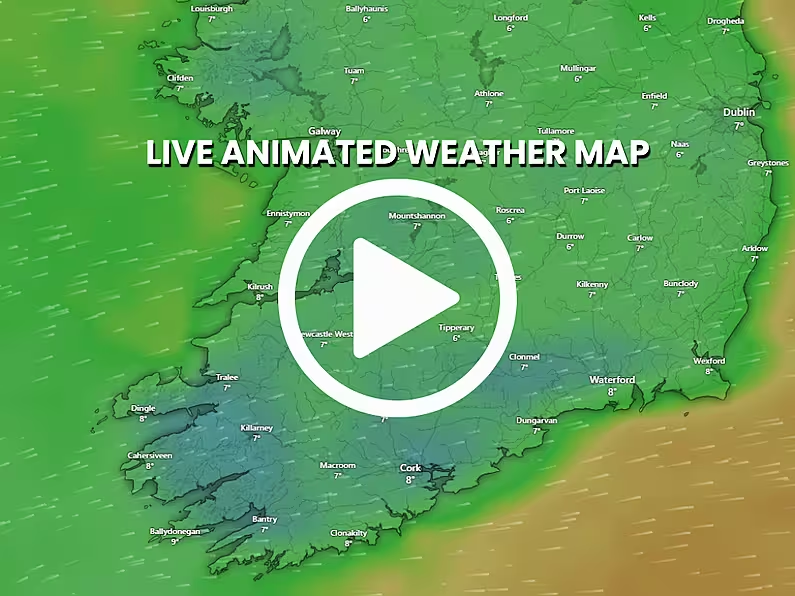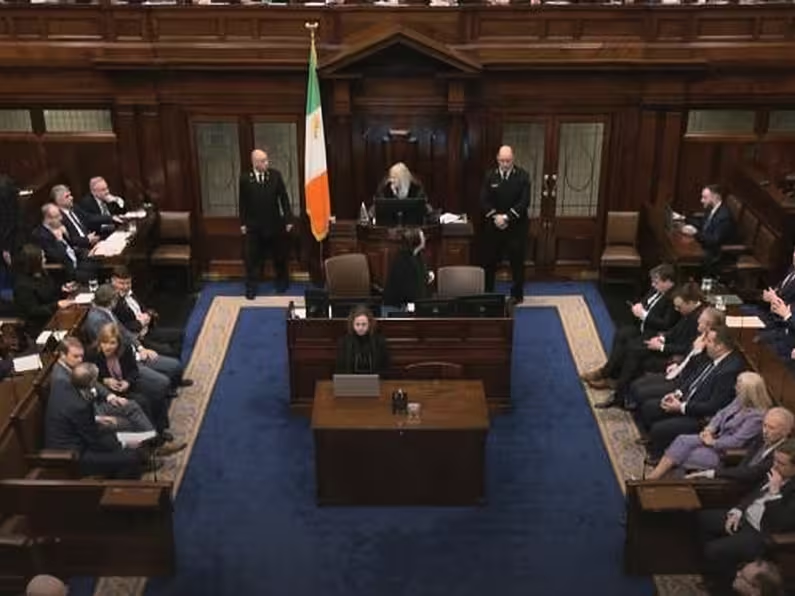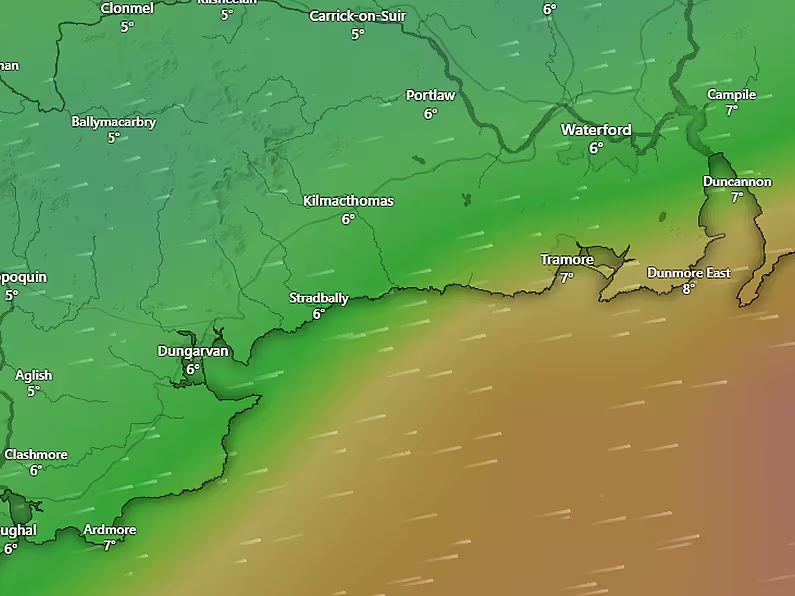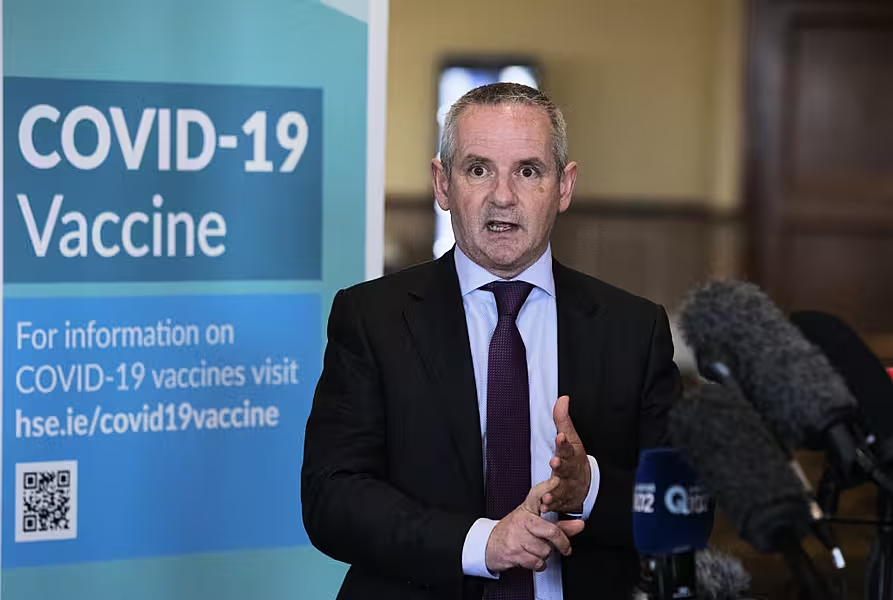
James Ward, PA
Around a quarter of Covid-19 daily case numbers and intensive care admissions are in fully vaccinated people, according to the HSE.
A briefing on Thursday heard around 20-23 per cent of ICU admissions, and between 20-25 per cent of daily case figures, are among those who are fully vaccinated.
The figures come as the National Public Health Emergency Team (Nphet) confirmed 1,818 new cases of the virus on Thursday evening, with 244 people with Covid in hospital as of 8am this morning, 52 of whom are in ICU.
Earlier, the HSE said of total hospital admissions, 45 per cent are fully vaccinated, while 52 per cent are among people who are not fully vaccinated.
Hospitalisations among the double-jabbed are “overwhelmingly” in people with underlying conditions, the briefing heard.
HSE chief executive Paul Reid said: “The vaccination status in ICU, 62 per cent of ICU cases currently in hospital aren’t vaccinated at all.
“They haven’t had any vaccination, which is very high proportion of the population who have not been vaccinated.
“15 per cent are partially vaccinated, the remaining 20-23 per cent are fully vaccinated.”
He added: “If you are vaccinated, you have significantly higher levels of protection from being hospitalised or entering ICU.
“The highest percentage of Covid patients in ICU are unvaccinated.”
Prof Martin Cormican, the HSE’s national lead for healthcare associated infection, said the figures were a reminder that the virus can be more severe for some.
He urged people to remain cautious, saying lifted restrictions “are not targets”.
He said: “Overwhelmingly, the people who are in hospital fully vaccinated are people with underlying conditions.
We’re not all going to tolerate this virus equally well, even after we’re vaccinated.
“I suppose that goes back to that point that we’re making, even after you’ve got your seatbelt on, you need to drive at the speed that’s right for you.
“We’re not all going to tolerate this virus equally well, even after we’re vaccinated.
“I think it’s a really important message, it’s great that people have some freedom in their lives again, and they’re able to do things. But the restrictions are speed limits, they are not targets.”
“We would really encourage people to drive the speed that’s appropriate for them, I suppose, as a key message” he added.
While the Covid-19 vaccine does not prevent infection with the disease, it significantly reduces the risk of serious illness and mortality.
Hospital admissions are continuing to increase, with Thursday's figures (244) up 20 per cent on the same day last week. Meanwhile, the number of Covid patients in ICU has increased by approximately 50 per cent in the same period.
“We want to ensure of the next few weeks that people do still show huge caution, because we are seeing high levels of transmission, high levels of positivity and significant elements of the population still not fully protected” Mr Reid said.
To date, 90 per cent of the adult population have received their first vaccine dose while 84 per cent are fully vaccinated.
Face coverings can help to reduce the spread of #COVID19. They should:
✅ cover the nose & go under the chin
✅ fit snugly against the side of the face
✅ be secured with ties or ear loops
✅ include at least 2 layers of fabric
✅ allow for unrestricted breathing pic.twitter.com/eYWyuEgFAX— HSE Ireland (@HSELive) August 19, 2021
In the 12-age group, for whom vaccinations began last week, 124,000 have either registered for a vaccination or received one through their GP or pharmacy, while almost 72,000 have received a jab.
In total, 6.5 million vaccines have been administered in Ireland.
New figures from the Health Protection Surveillance Centre, published on Thursday, show that between 8th-14th of August, twelve Covid-19 outbreaks in nursing homes were recorded – with 121 cases confirmed in total.
In the same time period, there were five outbreaks in acute hospitals and six in residential institutions.
One of those outbreaks was in a direct provision centre.
The figures also show that three outbreaks occurred in the meat and poultry processing sector – in total, 29 outbreaks were linked to workplaces between August 8th-14th.






